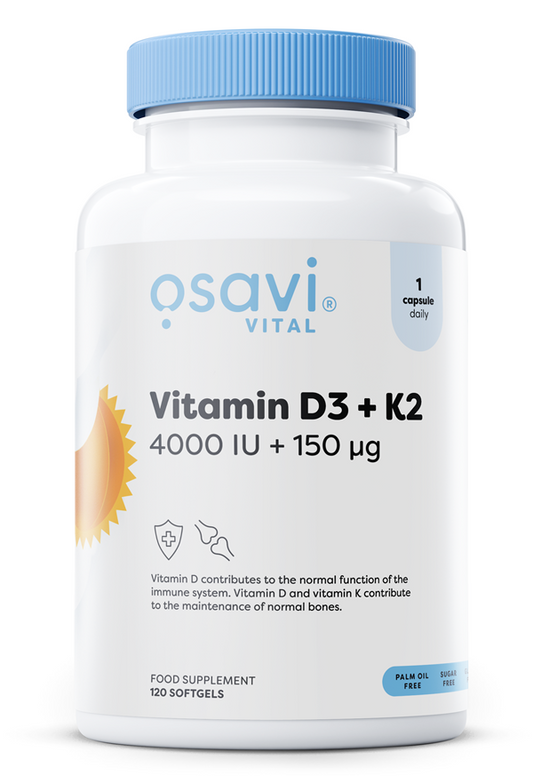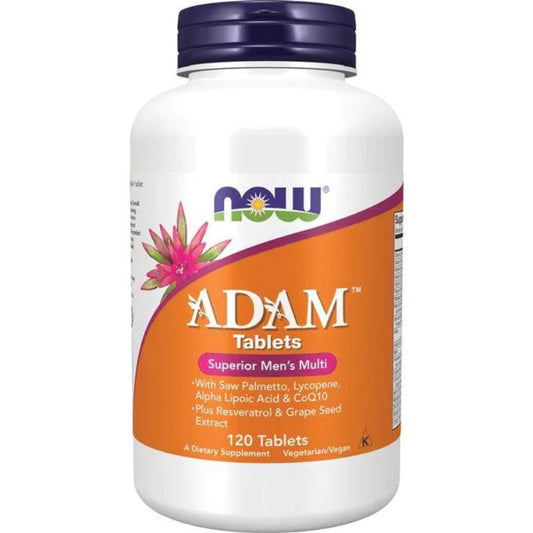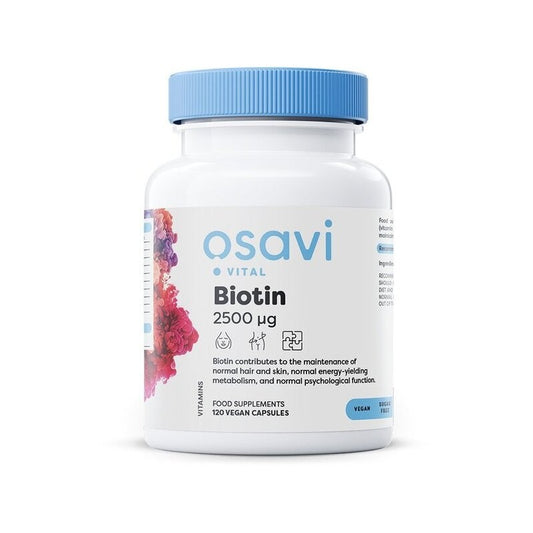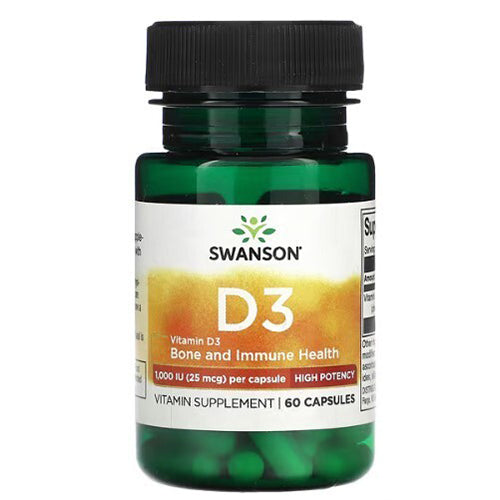
Potassium: Essential Mineral for Muscle and Heart Wellness
Jakub SkibaPotassium is a vital mineral that plays a key role in keeping your body functioning smoothly. It supports healthy muscles, helps nerves communicate effectively, and contributes to the balance of fluids in your body. Often overlooked in everyday nutrition, potassium is present in nearly every cell, influencing processes that keep you energized and active throughout the day. Beyond muscle and nerve function, potassium works alongside other minerals to help your body adapt to changes in hydration, activity levels, and diet. Including potassium-rich foods in your meals can support overall wellness, help maintain normal energy levels, and contribute to the body’s natural ability to recover and stay balanced. While it’s needed in larger amounts than trace minerals, potassium can easily be incorporated into your diet through fruits, vegetables, legumes, dairy, and fish. Because your body doesn’t store potassium for long periods, regular intake is essential to meet daily needs and maintain overall wellness.
Potassium is more than just a mineral; it’s an electrolyte that helps your body transmit electrical signals between cells. This function is essential for muscle contractions, nerve communication, and fluid balance. With nearly every cell depending on potassium, ensuring a steady supply from your diet can help support your body’s natural processes. From everyday physical activity to maintaining alertness and focus, potassium contributes to a wide range of normal functions that promote energy, resilience, and overall vitality.
What Is Potassium? Understanding This Essential Electrolyte
Potassium is a mineral and an electrolyte, meaning it helps conduct electrical signals throughout the body. Most potassium is found inside cells, especially in muscle tissue. Unlike some nutrients, the body doesn’t store potassium for long periods, so it’s important to replenish it daily through foods.
Why Potassium Matters: Main Functions and Everyday Benefits
Potassium contributes to several important body processes:
-
Muscle Function: Supports smooth muscle contractions and relaxation.
-
Nerve Function: Helps transmit nerve signals effectively.
-
Fluid Balance: Works with sodium to manage fluids inside and outside of cells.
-
Heart Wellness: Plays a role in supporting normal heart rhythm and overall cardiovascular function.
Regular potassium intake supports normal body function and helps maintain overall balance.
Recommended Daily Potassium Intake
Potassium needs vary by age, sex, and life stage. Recommended Adequate Intake (AI) levels are:
|
Age Group |
Potassium AI (mg/day) |
|
1–3 years |
2,000 mg |
|
4–8 years |
2,300 mg |
|
9–13 years |
2,300–2,500 mg |
|
14–18 years |
2,300–3,000 mg |
|
Adults (Men 19+) |
3,400 mg |
|
Adults (Women 19+) |
2,600 mg |
|
Pregnant Women |
2,900 mg |
|
Breastfeeding Women |
2,800 mg |
Most diets fall short of these recommendations, so it’s important to focus on potassium-rich foods daily.
Top Food Sources of Potassium
Potassium is naturally present in many plant- and animal-based foods. Key sources include:
-
Fruits: Bananas, oranges, cantaloupe, apricots, kiwi, avocados
-
Vegetables: Sweet potatoes, spinach, broccoli, beets, tomatoes, and potatoes with skin
-
Legumes: Lentils, beans, edamame
-
Dairy: Milk, yogurt
-
Fish: Salmon, tuna, halibut
-
Other: Coconut water, nuts, seeds
Cooking methods can affect potassium content—baking or roasting preserves more than boiling.
Maintaining Balanced Potassium Levels
For most people, potassium intake can be met through a varied diet. Supplements are usually not necessary, and high-dose potassium can be harmful without medical supervision. Over-the-counter supplements are limited to 99 mg per serving in the U.S., which is well below daily recommendations. Higher doses should only be used under the guidance of a healthcare provider.
Summary: Supporting Wellness with Potassium
Potassium is an essential nutrient that helps the body maintain healthy muscles, nerves, and heart function. Eating a diet rich in fruits, vegetables, legumes, dairy, and fish can help you meet your potassium needs naturally.
Key Takeaways:
-
Aim for 2,600–3,400 mg of potassium daily, depending on age and sex.
-
Include potassium-rich foods like leafy greens, bananas, potatoes, beans, and fish.
-
Supplements should only be used under professional guidance.
-
Consistent dietary potassium intake supports overall wellness and healthy body function.










